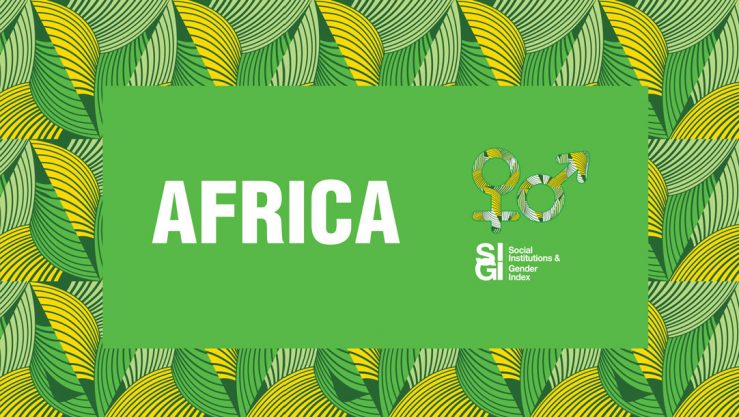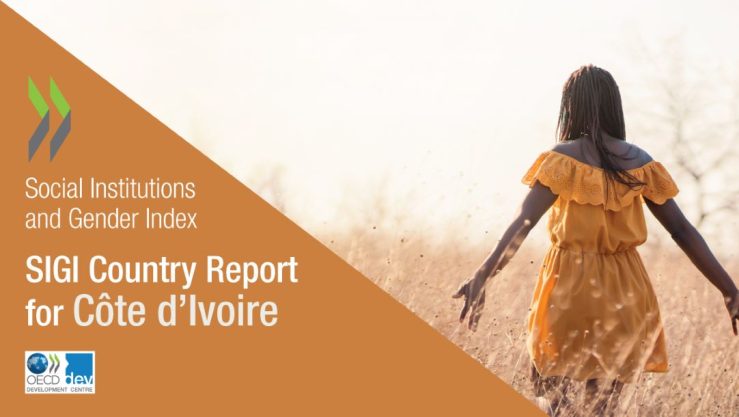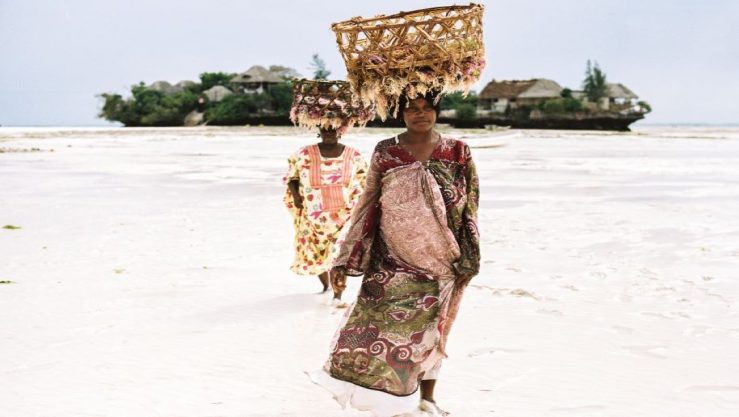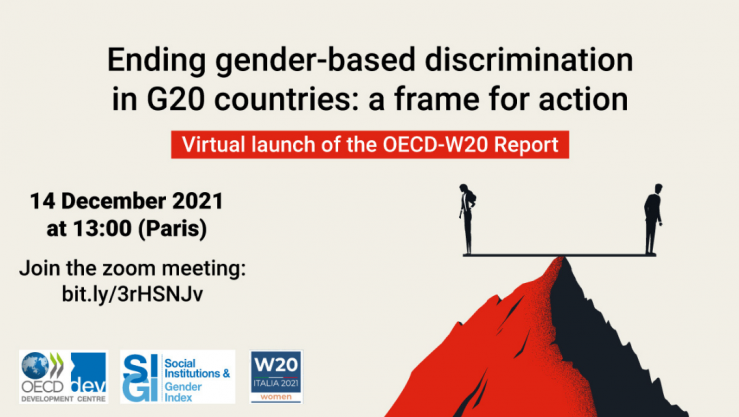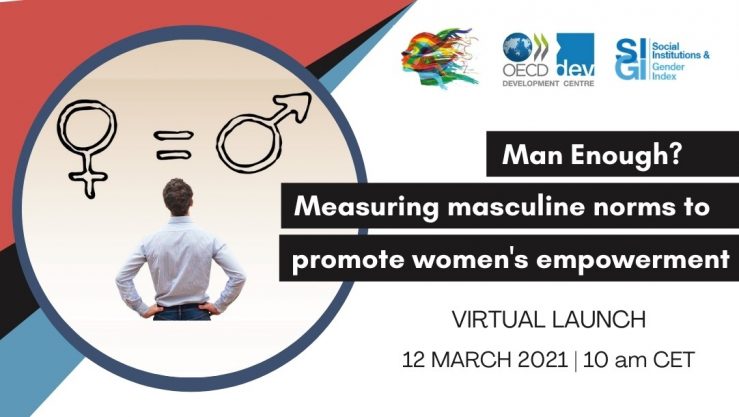Remittances are the amount of money or kind that migrants send back to their family left behind. Several studies showed that they have an impact on development and poverty. In 2005, remittances represented about US$232 billion, of which developing countries received US$167 billion according to the World Bank. However, this amount only includes money transferred through formal […]
Place for your Slider.
Progress of the World’s Women: 2008/2009
Excerpt from Progress of the World’s Women 2008/2009: Who Answers to Whom?(UNIFEM): This volume of Progress of the World’s Women asks the question “Who answers to women?” at a pivotal moment. The (MDGs) agreed to in 2000 contain a commitment to achieving gender equality and women’s empowerment, including indicators and concrete targets related to girls’ […]
- October 6, 2011
- 0
- 6638
- Wiki Categories: Publication., Translation Priorities: Optional.
- More
Online discussion on Gender equality, Education and Training
From 10 January to 7 February 2010, UNESCO organised an online discussion on gender equality, education and training as part of the 15-year review of the Beijing Platform for Action. How does it work? Each week, the interactive forum explored and analysed emerging developments, challenges and policy issues related to this important area of gender […]
- October 4, 2011
- 0
- 3544
- More
OECD Family Database
The Family database, introduced by the , features cross-national indicators on family policies and outcomes. The initial phase of indicators presents updated information building on the OECD series on the reconciliation of work and family life, including indicators on maternal employment, the nature and extent of childcare participation, and public support and information on parental […]
- October 4, 2011
- 0
- 4742
- Wiki Categories: Data and statistics.
- More
Organisation for Economic Co-operation and Development (OECD)
The Organisation for Economic Co-operation and Development (OECD), (in French: Organisation de Coopération et de Développement Économiques; OCDE) is an international organization of thirty countries, that accept the principles of representative democracy and a free market economy. It originated in 1948, as the Organisation for European Economic Co-operation (OEEC), led by Robert Marjolin, to help […]
- October 4, 2011
- 0
- 9873
- Wiki Categories: Organisations.
- More

